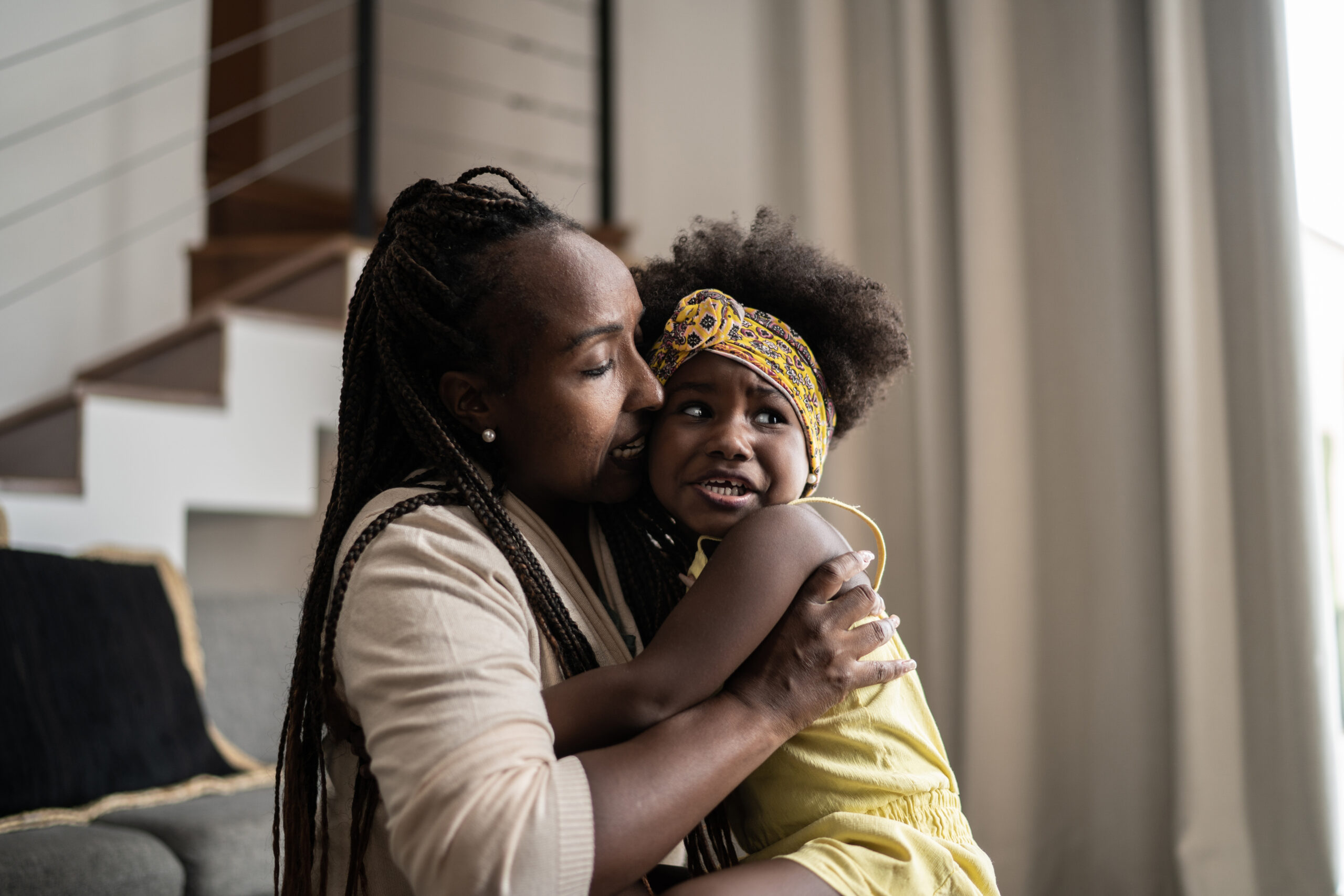
For most of us, saying "I love you" feels like a natural way to express our true feelings. Oftentimes, it even feels like a reflex, especially when it comes to those people we're used to saying it to, perhaps our parents or our children. However, for others, saying those three words, either in familial or romantic relationships, is a challenge, and so they don't say it often … or ever.
While it sounds strange and might even cause us to take offense when we want to hear those words and they don't come out, there are actually reasons why certain people might struggle with saying "I love you." For some, it may have to do with how they were raised, events that happened along the way, or simply differences in ways that we all express ourselves.
It's important to understand that not everyone has an easy time with "I love you." Here are a few reasons why it's not so simple for everyone.
They have a tough time being vulnerable.

Just because saying "I love you" feels natural to some doesn't mean it simply doesn't for others. Saying those words can bring up a lot of fear that comes from a place of feeling too exposed or vulnerable. For people who have a hard time letting their guard down, "I love you" might be much tougher to get out.
They didn't hear it growing up.

If we're lucky, we heard those three magic words a lot when we were growing up. But not all parents are vocal with their feelings, even parents who feel very loving to their kids.
Fathers of past generations, in particular, were often taught to be less expressive emotionally than women. Saying "I love you" might not have been part of daily life for many men. Children who grew up not hearing those types of words or feelings being expressed might sometimes have a tougher time feeling comfortable expressing their own emotions later in life.
Words are not their love language.

While words come easily to some of us, it's important to remember that people have all kinds of different love languages. While we might crave hearing "I love you," it's also a good practice to embrace the ways that others express their love, because there isn't only one way (even if there's a way we prefer to receive it). Some show their love by doing kind things for others, through physical touch, by giving gifts, or by spending quality time together.
They have a communication difference like autism.

Autism spectrum disorder can alter the way that people communicate and express their feelings. If someone is on the spectrum, they may have a lot of difficulties getting out the words "I love you" and recognizing emotions in others. That's because altered emotional awareness is a big symptom of this disorder.

Luckily, ASD is a lot better understood now than it was even a few years ago. While people used to assume someone was simply being "rude" if they didn't make eye contact or had trouble expressing emotions, now we have the knowledge that oftentimes, that person may be on the autism spectrum.
Just because someone has difficulty expressing emotions doesn't mean they don't feel. People with autism are just as deserving of love as anyone else. Sometimes, they just need help with how to say it or otherwise express it.
They have a mental health issue like PTSD.

Being in a relationship with someone who has post-traumatic stress disorder means that your relationship might look a little bit different from other peoples'. That's because trauma can be lasting. Your partner’s anxiety and paranoia can make them feel on edge, which can leave them feeling extremely vulnerable. They may have a lot of difficulty expressing their true feelings.
They feel unworthy of receiving love.

Giving and receiving love seems like it should be completely natural to do. For most people, it is. But not everyone feels worthy of love, and that makes saying the words "I love you" incredibly challenging.

Many things can cause a person to feel unworthy of love, from past trauma or abusive relationships to low self-esteem. Like all things, giving and receiving love can require practice. If someone simply isn't used to feeling that love and knowing how to accept it, giving it can be complicated, too.
They simply need time.

While some people feel love and express it quickly, not everyone works that way. Some people are cautious when it comes to love, and that's not always a bad thing. It can mean they are taking their time and that when they say "I love you," you know they really mean it.
While waiting around to hear "I love you" can feel difficult, especially if you're someone who doesn't have a hard time saying it yourself, it's good to note that everyone's time lines are different. There really is no "normal" for how long it takes a person to say those three magic words. But the good thing about loving someone who is slow to say it is that when they finally do, you know they really mean it.




